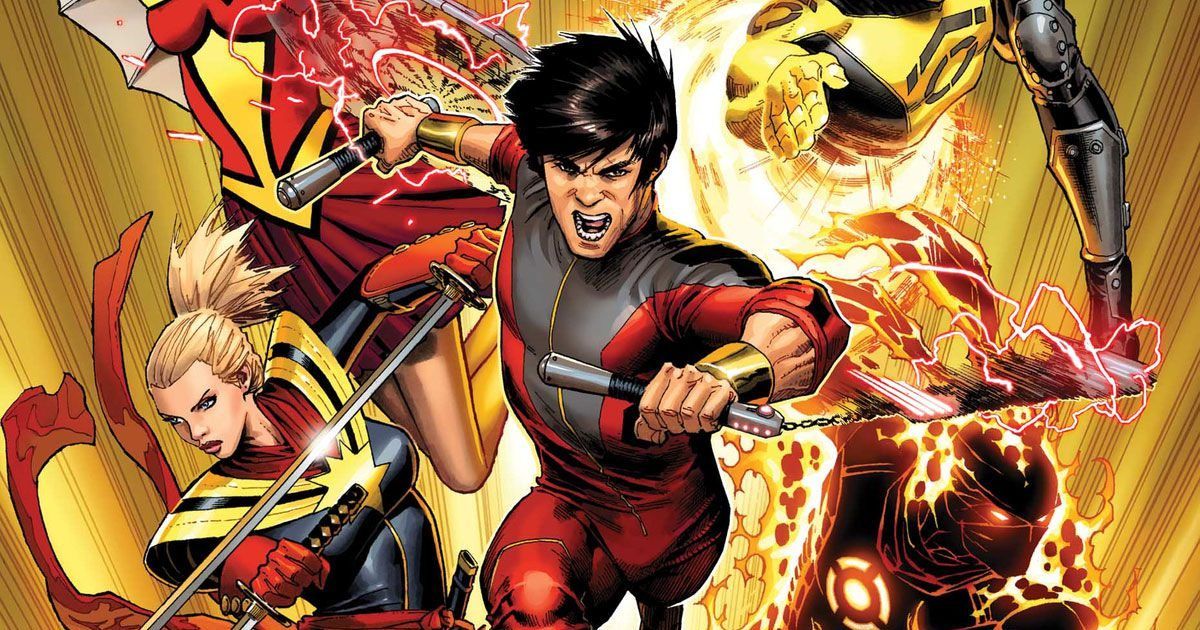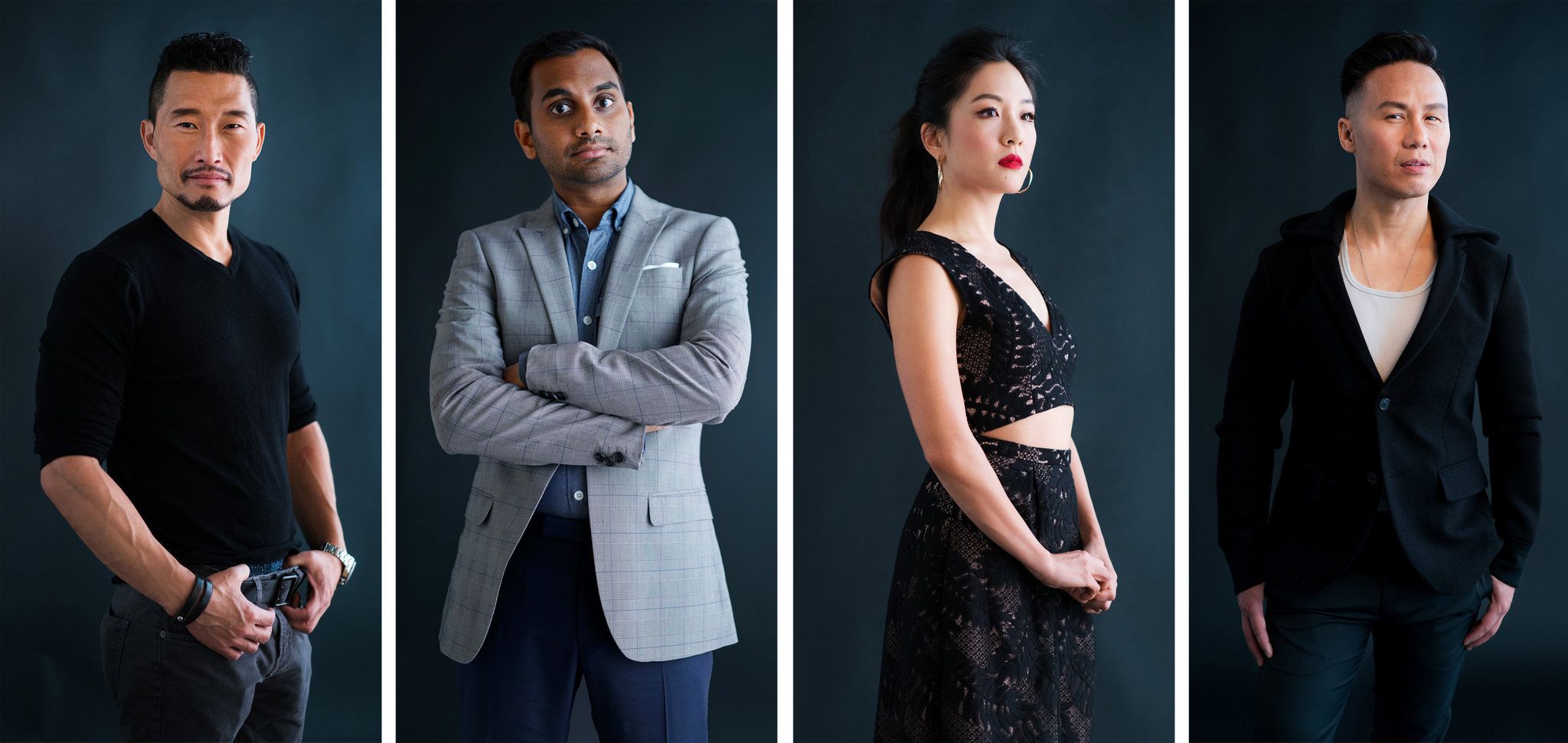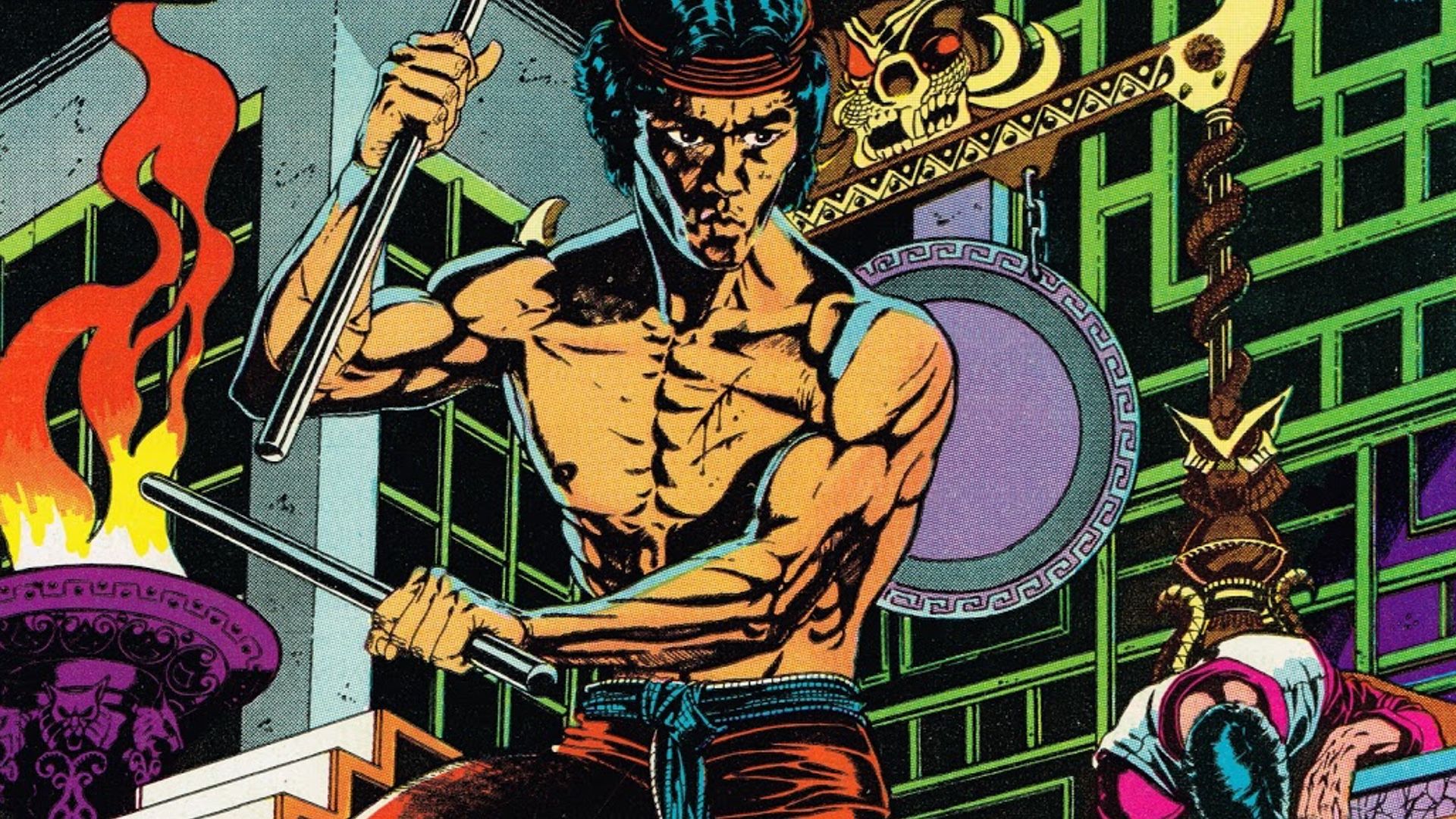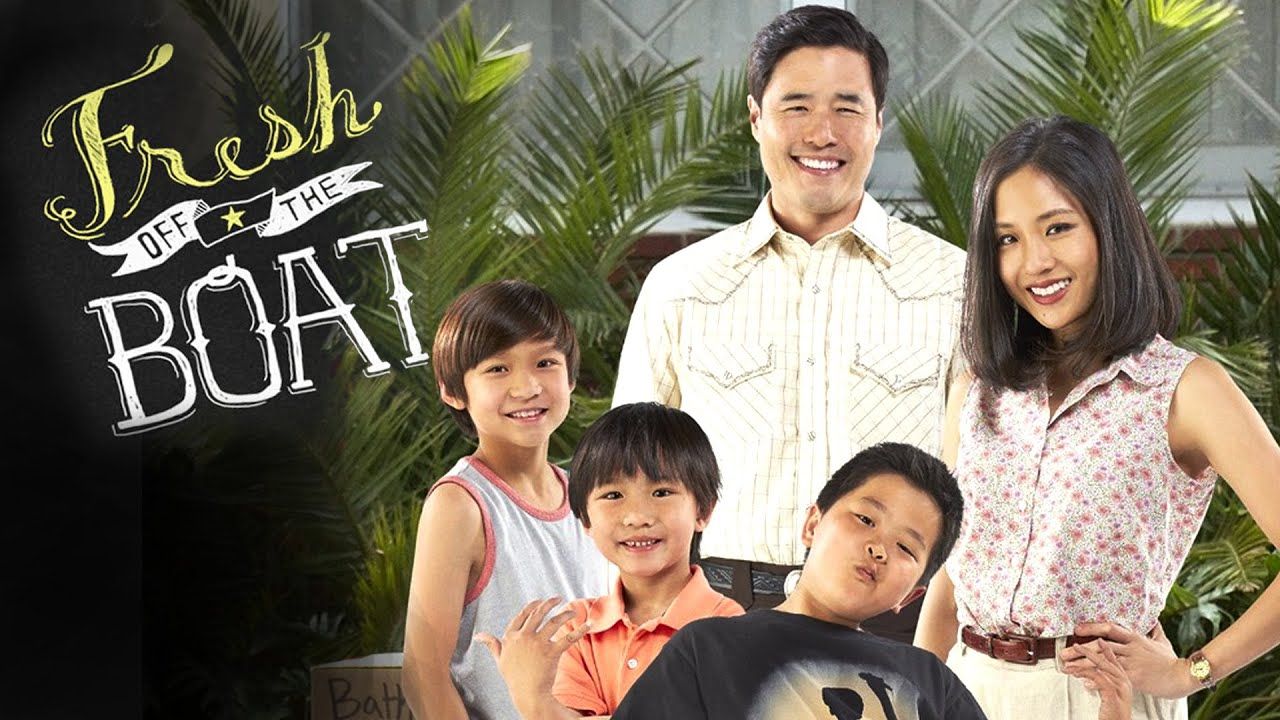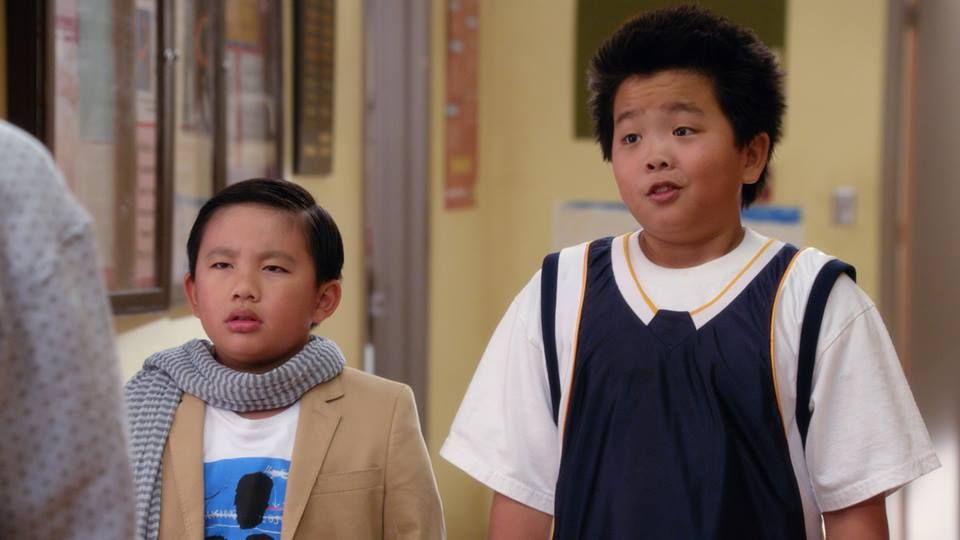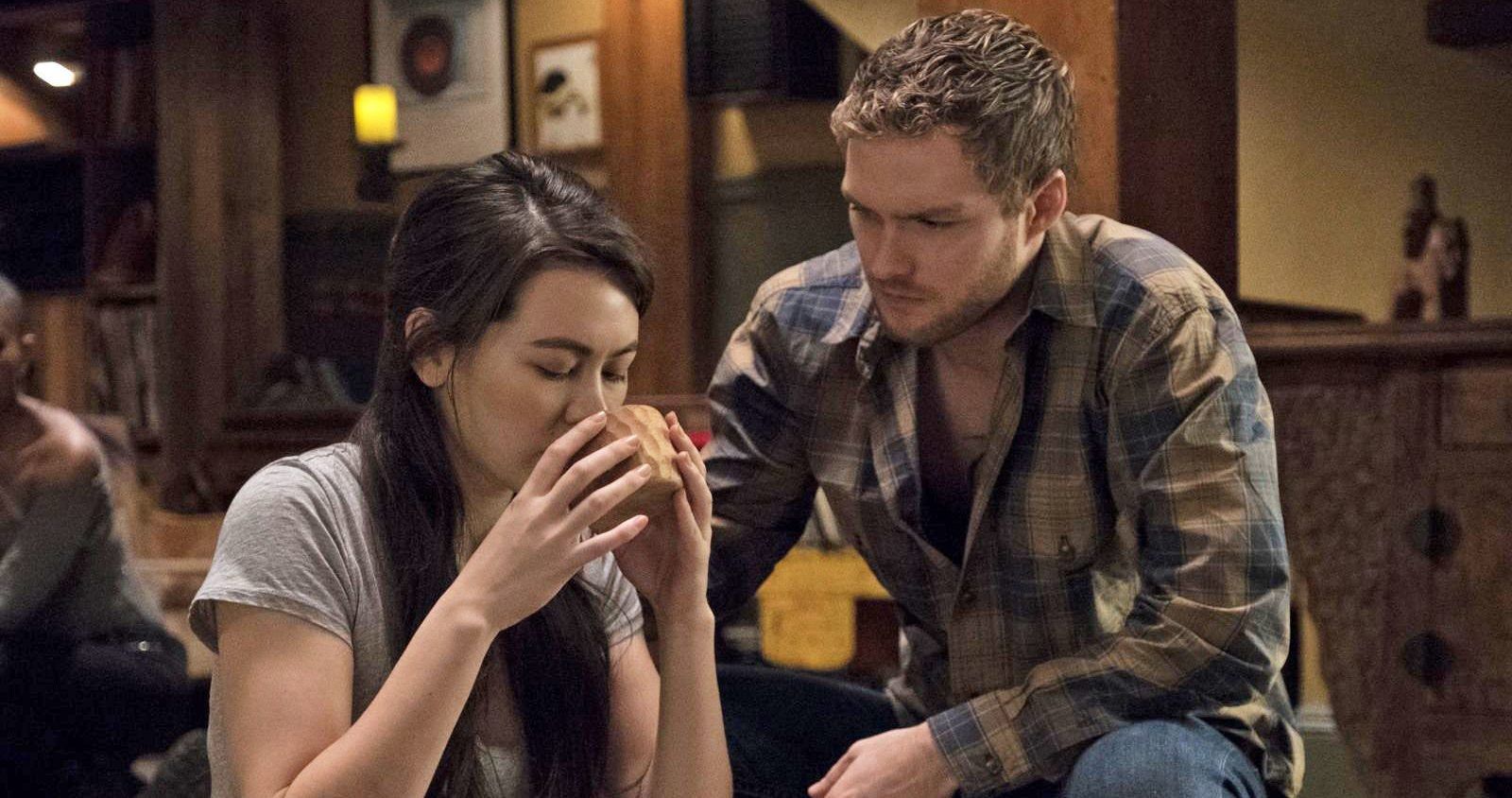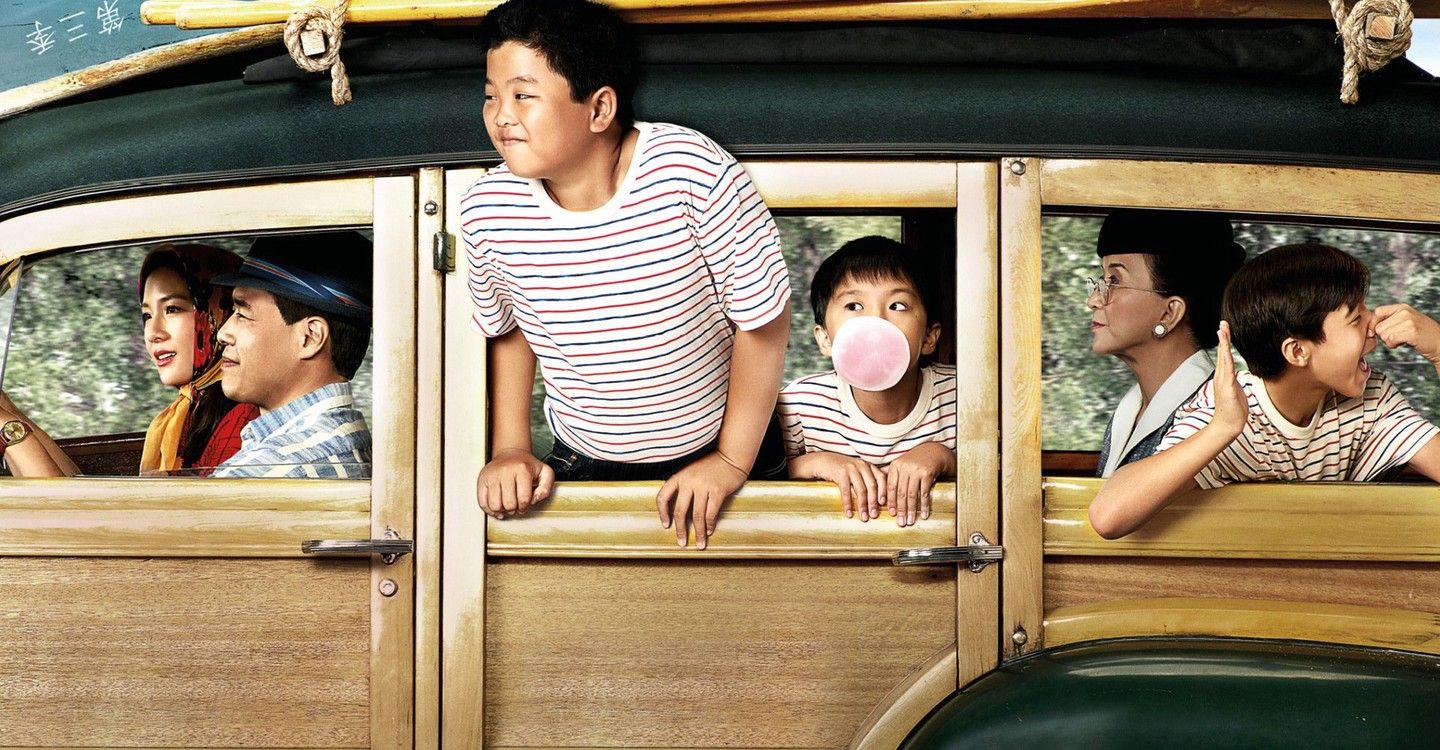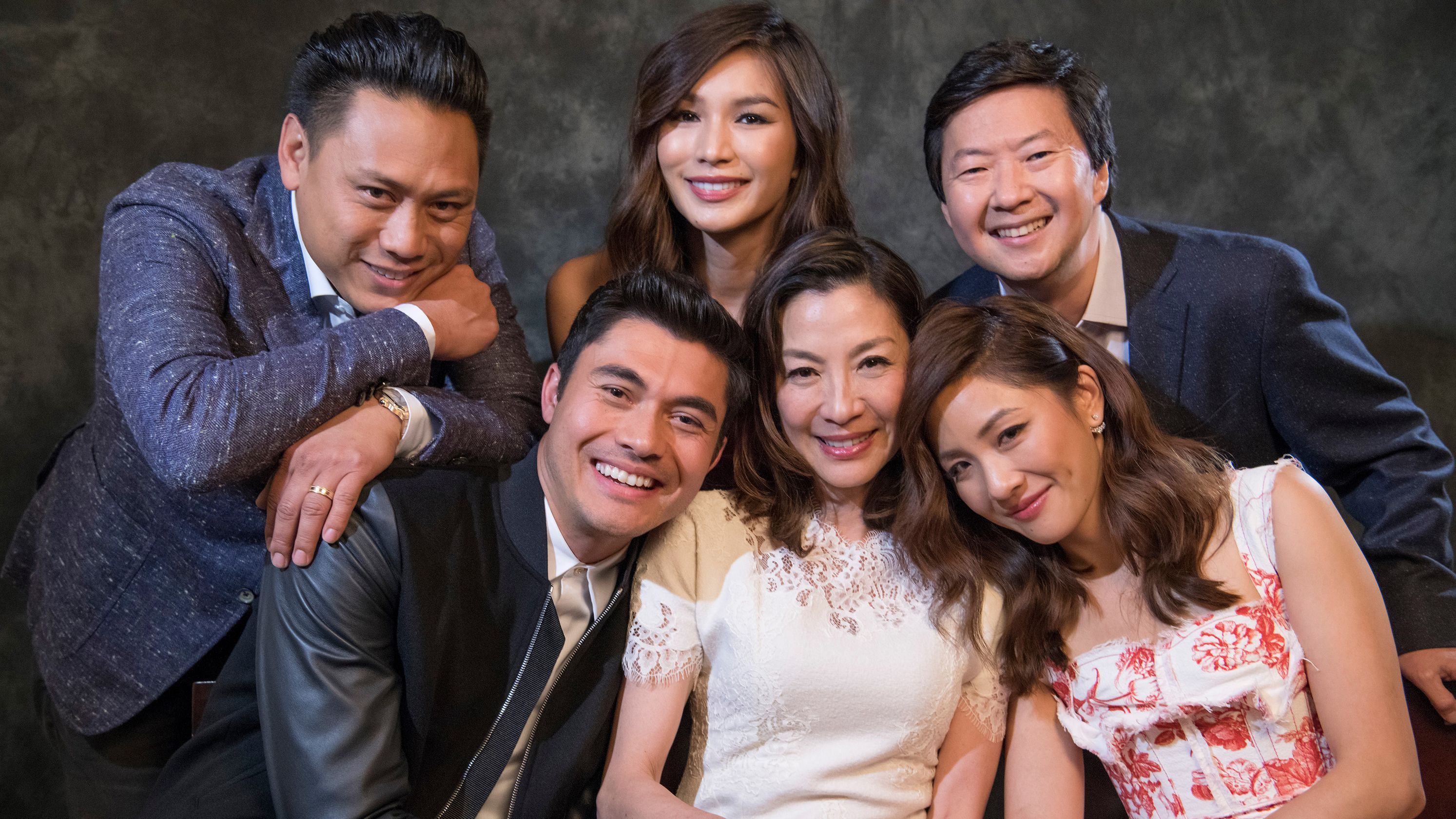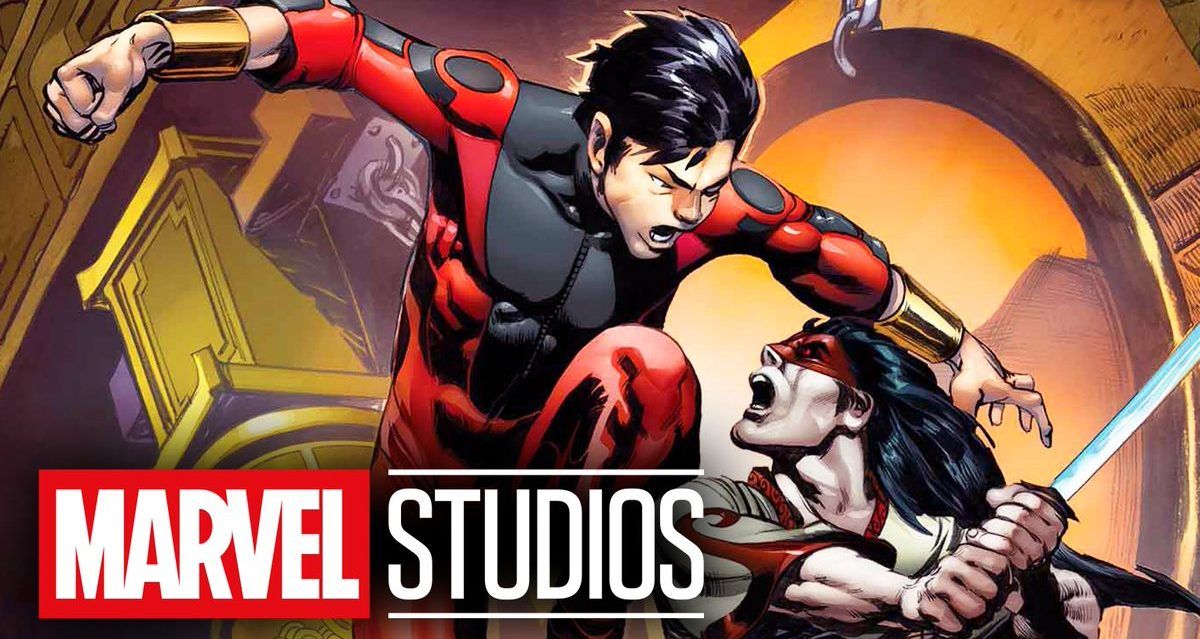Phase 3 of the Marvel Cinematic Universe blessed us with a solid film lineup, including Guardians of the Galaxy 2, Thor: Ragnarok, and Spider-Man: Homecoming. And yes, Avengers: Infinity War. Wow, Marvel really likes their colons. But Phase 3 gave us a little more diversity as well, including Marvel’s first standalone heroine in the form of Captain Marvel and highlighting black excellence with Black Panther. Did you see the Oscars? Lit.
With a push for diversity and inclusion on all levels of media and entertainment, it’s only natural that Marvel would respond. But some areas are lacking, specifically in LBGT+, Latinx, and Asian American representation. Sure, Doctor Strange gave us Wong, but couldn’t find someone of Tibetan - or at the very least East Asian (which is another can of worms we’ll dissect) - descent to portray the Ancient One?
And this isn’t a new thing in Hollywood’s history. Asians, typically East Asians, have very often been portrayed by white actors and the whole Ancient One controversy, along with Ghost in the Shell, it’s a trend that needs to stop.
There are so many opportunities to reverse this with Shang-Chi, as well as an opportunity to tap into and continue the success Crazy Rich Asians brought to the Asian American community. Here are 8 reasons why Shang-Chi is so important to Asian representation in cinema.
The Asian Persuasion
Now, we don’t have time to unpack all of the social nuances and experiences that come from being of Asian descent, but here’s a quick overview. When we say Asian American, the term “Asian” isn’t restricted to East Asians. And even the term East Asian doesn’t strictly refer to Chinese, Japanese, and Koreans. Asia is HUGE. And don’t start up the argument “But Asia is a Western concept so it’s ok for white people to play Mongolians!”
Bro, that’s not the right mindset. Where do we live? In Western culture. Western culture made the distinction therefore a societal distinction exists. While that is a geographical and historical fact, the crux of the matter is Asians are viewed as different by the general populace. That’s the argument being made, that’s why we want representation. We have been divided as the other, only being seen in that geographically factual way when it’s convenient for society. For example, not having a Mongolian or Tibetan play the Ancient One when it’s “easier” to cast a white actress and change the backstory to Celtic lore, even if that isn’t comic-accurate for the character and removes opportunity for diversity.
And the fact of the matter is that if you’re Russian and look caucasian, you’re treated differently from the Russian who looks more Asian.
Where in the World is That Asian From?
That being said, Shang-Chi is of Chinese descent, hailing from the Hunan province. Debuting in 1973, Marvel initially created his comic to profit off of the martial arts craze and it worked! At least, until the 1980s and Marvel lost the rights to Fu Manchu AKA Shang-Chi’s dad. And Marvel was facing some backlash for racial insensitivity, not exactly a new complaint when it comes to media pre-2000s.
But now, with the development of Shang-Chi as a contemporary character and an audience pushing for diversity and inclusion, there’s a chance to explore the social and cultural experiences of Asian Americans.
The Chinese Experience...s
Due to Shang-Chi’s heritage, we’ll mostly be focusing on the Chinese experience. But as a note, if Shang-Chi’s ethnicity is changed due to actor, that’s ok as long as the backstory changes as well. For example, in Aquaman, Arthur Curry’s parentage reflected Jason Momoa’s Pacific Islander descent. So if he ends up being Japanese with his backstory changing as someone raised in Japan? Fine. Go for it.
The biggest issue with swapping out your Asians without swapping the story with them is that it becomes offensive to the history of each culture. China still has some deeply anti-Japanese sentiments due to repeated offenses by the country, such as the Nanjing Massacre (also known as the Rape of Nanjing) which took place during the Second Sino-Japanese War - aligning with Japan’s WWII efforts. So this isn’t a thing that’s just been magically smoothed over and the first generation immigrants in America probably feel that the most.
That brings us to other Chinese American experiences because in order to do Shang-Chi justice, he doesn’t necessarily have to be an adult immigrant from China to portray the Chinese experience in America. A lot of children immigrated with their parents to the USA, growing up in American culture but also being raised Chinese in the home. In many kids, that created a conflict of identity and desire to assimilate while abiding by their parents’ wishes. Hard to please parents are a constant for anyone, but many parts of the Asian experience is being pushed to be better, excelling at certain skills (many times, it is music) and becoming a “prodigy.”
But Wait, There's More!
But how about people who weren’t raised Chinese? That’s right, we’re talking the one-child policy. In 1979, China introduced the one-child policy to combat a rapidly growing population. It was literally a lowkey version of The Snap, but with more debatable results. What that led to was a boom of adoptions in the 80s and 90s. The policy ended in 2015 due to it working possibly a little too well. But adoptees in America face another sort of duality of identity since many were adopted into white American culture.
Remember all the stuff in the last paragraph? Someone who grew up culturally white would not know that without research and given how Eurocentric history classes are, that knowledge would really only result in a personal interest of learning more about a life you never knew.
And then there's also multiracial/multicultural people, who also have an entirely different life experience. Some people are white passing and that's a whole other can of worms that's not bad, just a complicated one. Some choose to identify with all of their heritages, some don't, depending on how far removed they are from the culture or if they're a second generation of multicultural and raised white. There are various scenarios at play, but usually the most common is someone's parent will be from two different races/cultures and either both are equally prevalent or one takes precedence over the other.
So yeah, we have many ways to portray Shang-Chi. He could be an adoptee, he could be first gen, he could be second gen, or he could be multicultural. Whatever Marvel goes with, it’ll be great to finally see some variety and nuance.
The Iron Fist Discussion
Oh, Iron Fist, where to even start? When Ultimate Spider-Man does Iron Fist more justice than a higher budget show on Netflix, you know you’ve gone wrong. The podcast They Call Us Bruce (a podcast exploring Asian Americans in entertainment from both the production side and as consumers) breaks down contemporary racial problems wonderfully when it comes to the Iron Fist Netflix series. For the most part, it comes down to a white guy doing or “knowing” more about Asian things better than actual Asians.
The podcast brings up a cool idea that could be applied to Shang-Chi: exploring the treatment of undocumented Asian immigrants. Yes, this is a thing. Media outlets (and politicians) focus on Latinx immigrants because yes, they are the most prevalent group represented in the undocumented population.
The Immigration Talk
As of 2017, one in 7 Asian immigrants is undocumented. About 1.7 million of all undocumented immigrants are Asian (about 14% of the total undocumented population) and it’s not exactly widely known information. Shang-Chi could provide an opportunity to explore that perspective and draw from stories of DACA rejected individuals. A common trend for Asian families is to come over on a travel visa, pay a ludicrous amount to a disguised English second language school to transition to an F-1 visa, and having the kid stay on an F-2 visa (for dependents of those with F-1 visas). But any kid on the F-2 visa who wants to go to college - something we’re all pushed and prodded to do in this day and age - isn’t eligible for the F-1 visa.
So there’s another avenue Shang-Chi could take us down. Given that he’s supposed to be somewhat young (Asians don’t raisin, but we’ll go by the “has a living parent” thing) and at a transitional point at the start of his story, it’d be cool to see this very relevant issue portrayed since it really hasn’t been done before.
A World After Crazy Rich Asians
In two words: there’s hope. There’s hope to keep the momentum going. Fresh Off the Boat was a huge step for Asian representation, bringing an Asian family into various households. But Crazy Rich Asians pushed it over the top in both on-screen and behind-the-scenes representation.
Crazy Rich Asians marked the first time in 25 years that a film representing Asians could actually represent Asians. Author of the book series (yes, there’s more), Kevin Kwan, shared that in early days of pitching, a producer wanted him to whitewash Rachel. Or rather, “reimagine” her as Caucasian. Yeah, buddy, that really doesn’t sound better.
Kwan realized on a book tour that you know what? The story would sell, despite what producers told him. People who weren’t Asian took interest in Asian Rachel, so Kwan took it to producers who understood why keeping Rachel Asian is important and that her - or the film’s - marketability wouldn’t drop by having a real Asian woman AKA our queen Constance Wu.
The film was highly successful given the time of year and budget. Plunked in with the hangover of tentpole films and on a small budget of $30 million, it grossed $238,532,921. That’s awesome. That’s fantastic.
Many Asians in the industry have noticed a difference in the atmosphere as well. Because of Crazy Rich Asians, more studios are looking for Asian stories to tell. Maybe it’s just jumping on the bandwagon for the wrong reason, but we haven’t had contemporary Asian stories since The Joy Luck Club, so small miracles.
What Should We Expect?
We’d like to be able to list more than five famous Asian American actors off the top of our heads. That'd be cool. But in all seriousness, the opportunities Shang-Chi presents boil down to creatively involving more Asian Americans in the storytelling aspect and turning the film into a cultural phenomenon maybe comparable to Black Panther and what it's done for the black community. Same with Spider-Man: Into the Spider-Verse, with parents of black and multiracial children saying how much more involved they became in Spider-Man and superheroes in general because there was one they could relate to.
So far, Marvel's doing it right with signing Destin Daniel Cretton on as director. Marvel is showing us that they are making an effort to involve diverse storytellers and give a platform for inclusive stories. Will it be as big as Black Panther? Probably not, that was god tier and most likely can't be repeated.
But simply involving Asian set designers, costume designers, grips...it helps. It means something. Diversifying the screen and the workplace is what we want. And if Shang-Chi revives the martial arts craze of the 70s minus the racial insensitivity? Sign us up.

